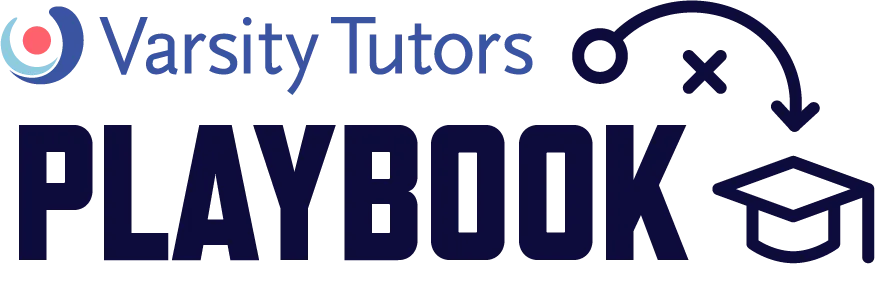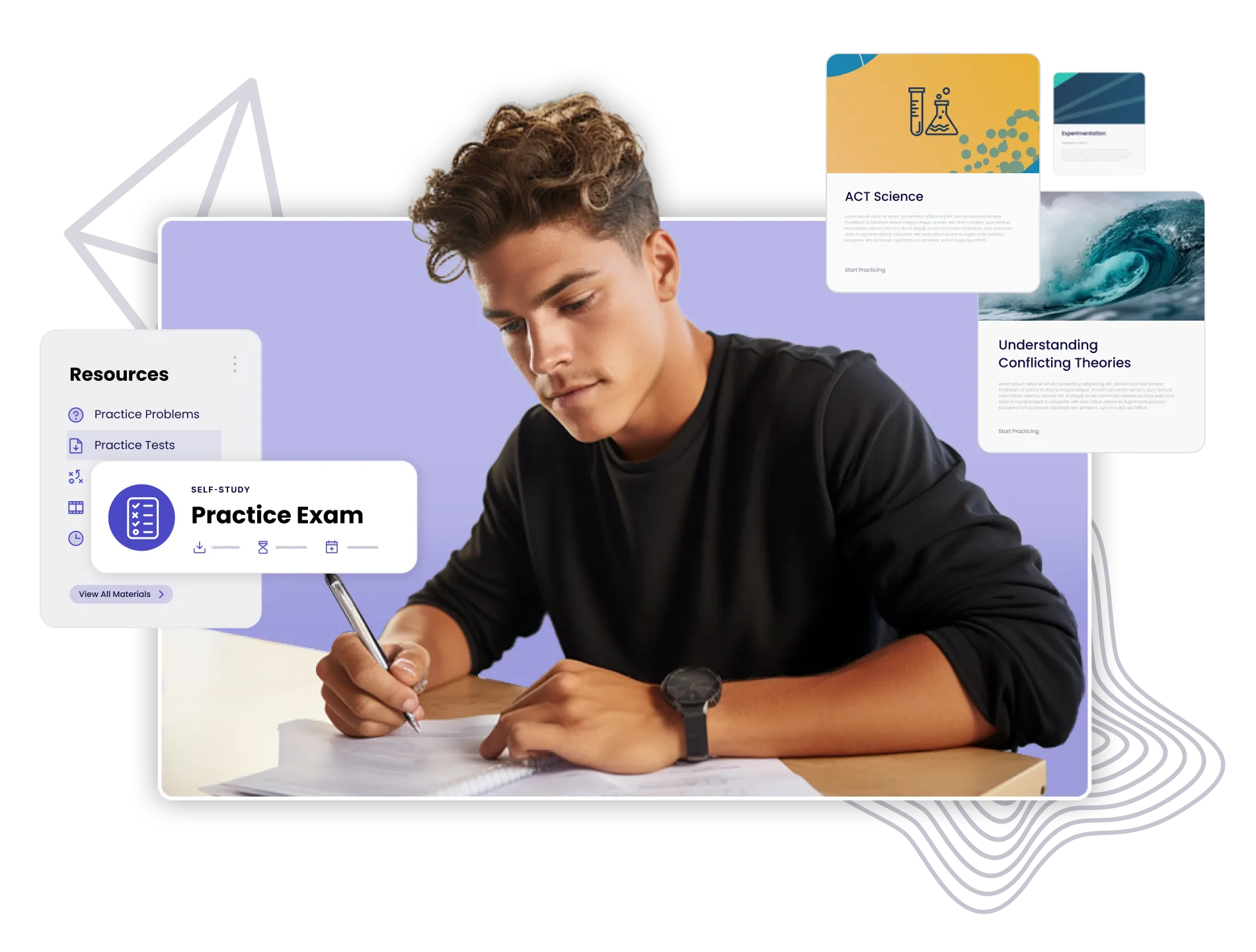Why Cross-Training the Brain is Just as Important as School

As the school year kicks into high gear, it's easy to get caught up in the hustle and bustle of "reading, writing, and arithmetic." After all, these subjects are the bedrock of our educational system, and rightly so. But there's an often overlooked aspect of learning that is equally important, if not more so – the art of brain cross-training.
What is brain cross-training, you ask? Well, it's not about lifting mental weights or running mental marathons. Instead, it's all about giving our kids the opportunity to explore and learn about things that genuinely fascinate them outside the four walls of the classroom. In a world where specialized knowledge is crucial, cross-training the brain provides a well-rounded education that extends beyond textbooks and standardized tests.
Learning Shouldn't Stop at the Classroom Door
The concept of brain cross-training is akin to an athlete's cross-training routine. Athletes don't just focus on one type of exercise; they diversify their workouts to develop a range of skills and improve overall fitness. Similarly, our kids should not limit their learning to the traditional subjects; they should have opportunities to discover their passions and nurture them.
Extracurricular activities, hobbies, and interests outside the classroom can be incredibly powerful learning tools. Whether it's playing a musical instrument, engaging in art, exploring a fascination with science, or diving into history, these activities have the potential to stimulate creativity, curiosity, and problem-solving skills. They also teach kids about time management, discipline, and perseverance – skills that are invaluable in life.
Nurturing a Lifelong Love for Learning
One of the key benefits of brain cross-training is that it encourages a lifelong love for learning. When kids explore subjects that genuinely interest them, it doesn't feel like a chore. It's an exciting adventure that keeps their curiosity alive.
Let's face it – most adults don't remember the finer details of calculus or the periodic table, but we do remember the things we were passionate about as kids. Those early interests often shape our careers and hobbies later in life. By fostering a love for learning beyond the classroom, we're helping our children develop the foundation for future success and fulfillment.
Building Learning Habits Outside the Classroom
Brain cross-training also helps in building healthy learning habits. When kids engage in extracurricular activities, they learn how to set goals, manage their time effectively, and see projects through to completion. These skills are not only essential for academic success but for life in general. Learning how to learn is arguably one of the most important skills a child can acquire.
Encouraging Well-Rounded Individuals
The benefits of brain cross-training extend beyond academic and professional success. It helps kids become well-rounded individuals. As they explore different subjects, they gain a broader perspective on the world, develop empathy, and understand the value of diversity. This, in turn, can make them more adaptable and open-minded citizens.
Finding the Right Balance
Of course, the key is to strike a balance. Kids do need a strong foundation in core subjects. But alongside these fundamentals, we should encourage them to explore their interests and passions.
Ultimately, a well-rounded education, one that combines the essentials with brain cross-training, equips our children with the tools they need to thrive in the 21st century. It prepares them to face challenges head-on, fosters a lifelong love for learning, and molds them into not just educated individuals but wise, creative, and empathetic ones.
So, as you navigate the school year ahead, remember that it's not all about textbooks and tests. Let's give our kids the space and opportunities to cross-train their brains, explore their passions, and become the best versions of themselves. Need some ideas to get the ball rolling? Check out our small group classes and StarCourses and explore everything from creative writing to ancient mythology. And keep an eye out for our upcoming Winter Break programs.

